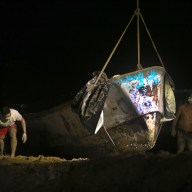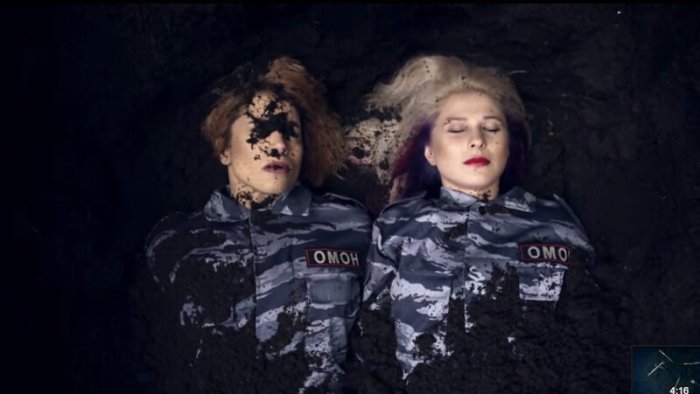The New York Police Department unveiled a new series of reforms on Thursday focused on how it will treat excessive force complaints and better train officers to de-escalate confrontations with New Yorkers. NYPD Commissioner Bill Bratton announced the changes hours after he received a final copy of a Department of Investigations report accusing the police of failing to respond and track use-of-force complaints. RELATED:NYPD failed to stop cops from using excessive force: investigation “NYPD was living a little bit in the Dark Ages with respect to its use-of-force policies,” NYPD Inspector General Philip Eure told reporters of his office’s report.
“I would take strong, strong exception to that language,” Bratton said from NYPD headquarters soon after. “That is an outrageous comment. This department is nothing close to being in the Dark Ages.” “If that is in the report, shame on him,” the commissioner added.
A spokeswoman from the Department of Investigation declined to comment on Bratton’s statement.
RELATED:EXCLUSIVE: Bratton tells critics fond of pre-de Blasio NYPD to ‘get over it’ Bratton made the case that the NYPD has been working on refining and improving its use-of-force procedures long before the report’s release on Thursday morning.
“This is not in response to the IG’s report,” Bratton said. “This predates the IG’s office being developed and staffed.”
The new guidelines, first reported by the New York Times, touch on many of the complaints laid out in the city investigator’s report. They go into effect Jan. 1, 2016.
Changes will be made to the patrol guide that clearly define what force is, and how police respond to specific situations.
All officers who use force will be required to ask the person detained or arrested if they require medical attention. Officers who witness serious misconduct will also be required to report or intervene. Any and all kinds of force — from use of physical force to deadly force — must be reported and investigated. That includes any force that the public uses against officers while resisting arrest, which Bratton said will be tracked by the department’s new Risk Management Bureau. DOI Commissioner Mark Peters released a statement that Bratton’s reforms were “only a first step” and that “suggestions that today’s [NYPD] announcement represents a full resolution to this problem are premature.” Legal observers are just as wary. The New York Civil Liberties Union, which Bratton said he was willing to sit down with to review the new guidelines, said the changes were encouraging but their meaningfulness will only be known after closer review. “We also are deeply troubled by the department’s apparent decision not to collect information about people being thrown against walls or having guns pointed at them,” said NYCLU Associate Legal Director Chris Dunn in a statement, “both of which are serious and traumatizing examples of police force.”
NYPD unveils new use-of-force guidelines hours after critical report’s release

Hannah Mattix/Metro














